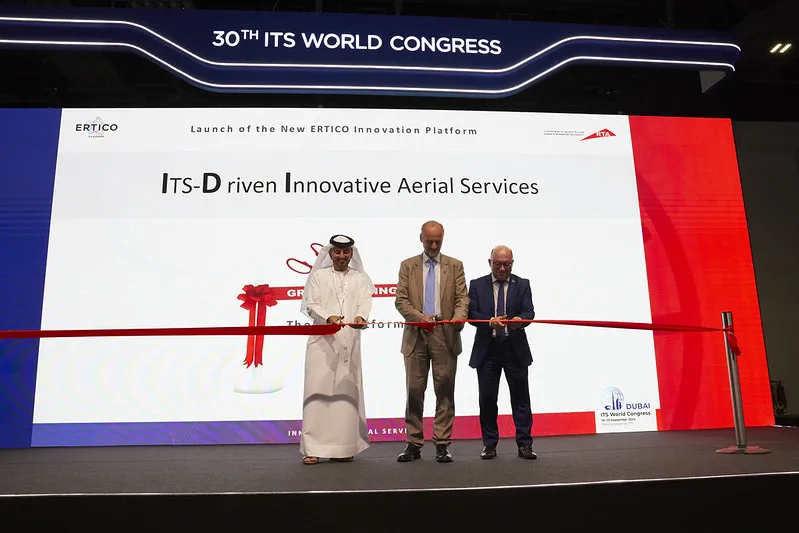Launched by Osama Filali Naji, chairman of the ITS-Arab Transport Policy Working Group (TPWG) during the 10th ITS European Congress in Helsinki, the ITS-Index project has generated wide interest from the international ITS community.
The project aims to develop a first-of-its-kind comparative index to evaluate and compare ITS competencies across regions with the objective of accelerating standardisation and encouraging ITS deployment that can improve transport management efficiency, safety and security.
June 23, 2014
Read time: 1 min
Launched by Osama Filali Naji, chairman of the 6774 ITS-Arab Transport Policy Working Group (TPWG) during the 10th ITS European Congress in Helsinki, the ITS-Index project has generated wide interest from the international ITS community.
The project aims to develop a first-of-its-kind comparative index to evaluate and compare ITS competencies across regions with the objective of accelerating standardisation and encouraging ITS deployment that can improve transport management efficiency, safety and security.
European ITS and transport policy experts, as well as the1690 European Commission, are preparing to launch a similar project; ITS-Arab and others will participate in continued discussions.
“We are pleased with the high level of interest in the ITS-Index project, which means that we are on the right track. It also appears that ITS-Arab is leading the world in the ITS-Index field, which means that ITS-Arab is the first body to establish a standardised definition of ITS deployment index,” commented Osama Filali Naji.
The project aims to develop a first-of-its-kind comparative index to evaluate and compare ITS competencies across regions with the objective of accelerating standardisation and encouraging ITS deployment that can improve transport management efficiency, safety and security.
European ITS and transport policy experts, as well as the
“We are pleased with the high level of interest in the ITS-Index project, which means that we are on the right track. It also appears that ITS-Arab is leading the world in the ITS-Index field, which means that ITS-Arab is the first body to establish a standardised definition of ITS deployment index,” commented Osama Filali Naji.









